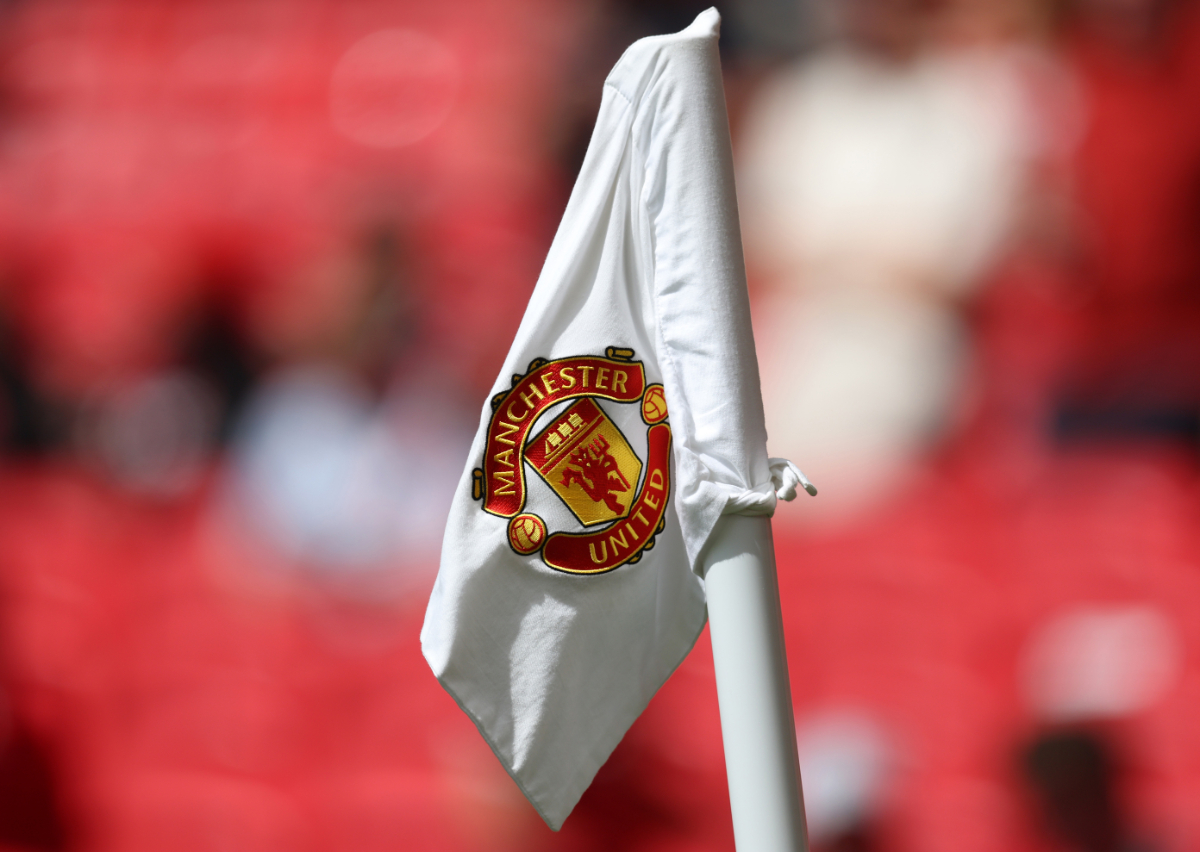The amount of money that’s in football these days is quite astonishing, with the Premier League’s top earner, Kevin De Bruyne, taking home a whopping £400,000 per week according to Capology.
In some respects, if that’s the going rate then you can’t really blame the Belgian for taking what he’s worth, though it still leaves a sour taste.
Those that pay their hard earned each week to watch their teams in action arguable have to scrimp and save to do so, and whilst it’s accepted that a top-flight footballer will always be paid well, there’s a question mark as to whether it’s gone too far now.
Premier League salary cap won’t work – Collymore
The idea of a salary cap wouldn’t necessarily be a bad one, though former Premier League great, Stan Collymore, doesn’t believe a cap on an individual’s wages would work.
He does offer a potential workaround, however.
“The problem with a salary cap for me is it’s got to come from FIFA,” he said to CaughtOffside for his exclusive column.
“I think if you have got agreement across the big leagues of England, Italy, Spain, France, Germany, that would go some way to having a salary cap implemented, but of course, all it means is you’ll get more and more players going to the Saudi Pro League and picking up their £500k+ per week. So it kind of becomes self sabotaging.
 Man city ace, Kevin De Bruyne, is the Premier League’s top earner on a whopping £400,000 per week
Man city ace, Kevin De Bruyne, is the Premier League’s top earner on a whopping £400,000 per week“If FIFA said there is going to be a global salary cap, then I think it could work, but I think that FIFA would also have a fight on their hands from from UEFA.
“We need to get there in some way though I worry that just like the creative accounting of certain Premier League clubs – selling or their swapping their best young kids or assets to get around FFP – the clubs will find a way to circumvent this cap.
“What I would like to see is an organisational cap, which HMRC can then can get involved in.
“The organisation, for example Man City, can only spend across all of its assets – whether it be players, staff or anything else – £100m total per year, and if you go over that then you get fined.
“That way you can have some common sense because then clubs have to look around at where they’re spending every penny.”

The money coming into the game clearly has its benefits.
If one looks at the quality of stadiums and pitches across the English top-flight now when compared to 1992 when the Premier League came into existence, the difference is marked.
There is a certain vulgarity, however, to be paying football players nigh-on half a million pounds per week, when the vast majority of the football going public are likely to be subjected to financial hardship at the present time.
If there’s an inability to progress towards a salary cap on player wages, then perhaps Collymore’s suggestion of an organisational cap would at least be something.

 3 months ago
26
3 months ago
26 

